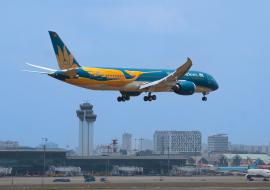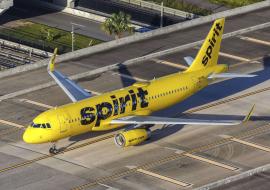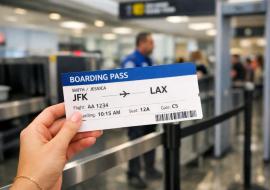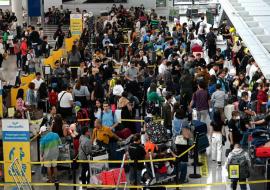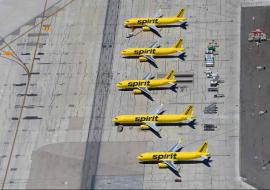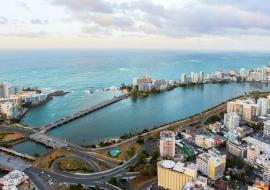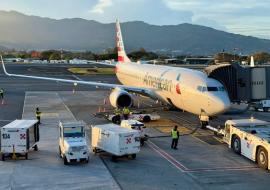Airlines Suspend Flights to Venezuela, Raising Alarm Over Tourism and Air Safety
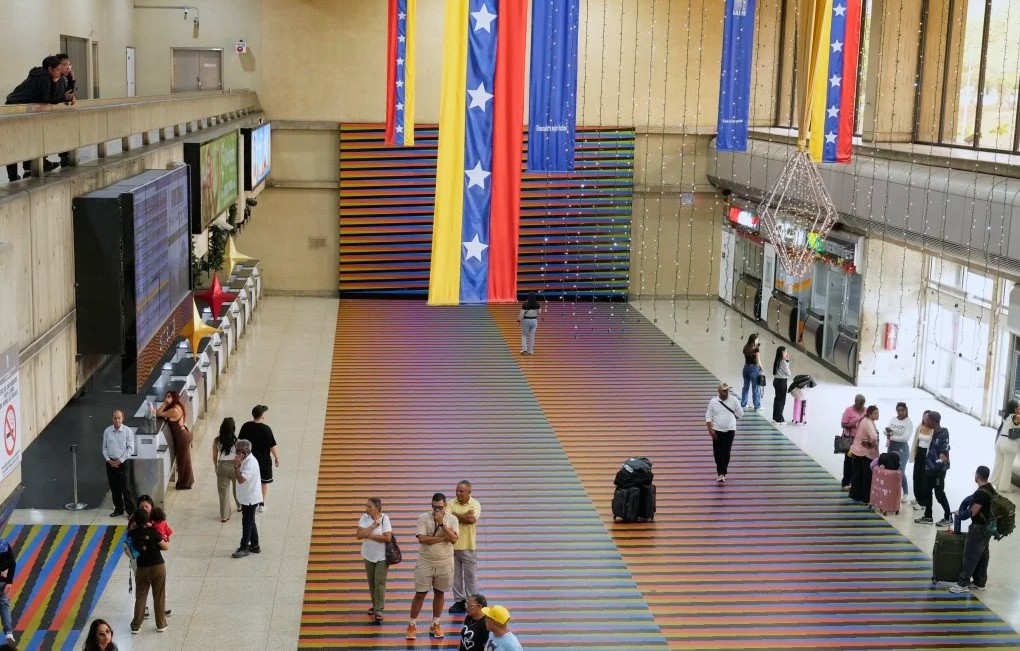
Venezuela’s fragile air connectivity has entered a new phase of uncertainty as several international airlines move to suspend or scale back flights to and from the country. The decisions, driven largely by growing security concerns and geopolitical tensions, are reshaping travel patterns and placing the future of the nation’s already vulnerable tourism industry under renewed pressure. What began as isolated route adjustments has evolved into a broader signal of risk that is now reverberating across the global aviation and travel sectors.
At the core of these suspensions are warnings related to the safety of Venezuelan airspace. International aviation authorities have raised alerts over increased military activity and the potential for disruptions to satellite-based navigation systems, which are critical to modern commercial flight operations. Airlines, guided by strict risk management protocols, have chosen caution over continuity, concluding that they cannot fully guarantee the safety of passengers and crew under current conditions.
Geopolitical tensions have further complicated the landscape. Venezuela’s strained relations with Western governments, combined with heightened military presence in the Caribbean region, have elevated the perception of operational risk. For global carriers, even the perception of instability can be enough to justify suspending service. Aviation is a highly risk-sensitive industry, and the combination of political uncertainty, military movements, and technical navigation risks has proven to be a decisive factor.
The impact on tourism in Venezuela is immediate and far-reaching. Fewer international flights translate directly into fewer foreign visitors, particularly from key markets such as North America, Europe and South America. Travelers who might still consider visiting face higher fares, longer and more complex itineraries, and reduced flexibility. Popular destinations such as Margarita Island, Los Roques, Canaima National Park and the Andean city of Mérida risk becoming even more isolated from international tourism flows.
The economic consequences extend well beyond airports and airlines. Tourism supports a broad ecosystem that includes hotels, restaurants, tour operators, transportation providers and local artisans. A sustained drop in arrivals threatens jobs, small businesses and already limited foreign currency inflows. For a country seeking to promote tourism as an alternative source of economic development, the reduction in air connectivity represents a serious structural setback.
Equally damaging is the blow to Venezuela’s international image as a travel destination. When major airlines suspend routes, the global travel market takes notice. Travel agencies, insurance companies and tour operators tend to follow suit, often issuing advisories or removing destinations from their offerings. The result is a powerful narrative of instability and risk, which can persist long after operational conditions improve. In tourism, perception frequently outweighs reality, and rebuilding trust is a slow and costly process.
Diplomatic implications add another layer of complexity. Some regional leaders have warned that the growing air isolation of Venezuela risks deepening the country’s disengagement from international travel and commerce. Meanwhile, Venezuelan authorities have framed the flight suspensions as part of broader political and economic pressure. These opposing interpretations further complicate efforts to restore confidence and reopen routes, as aviation decisions become entangled with diplomatic disputes.
Despite the challenging environment, limited air links to Venezuela remain in place through select carriers, preventing a complete aviation shutdown. However, these remaining routes are increasingly fragile, subject to rapid changes and vulnerable to future restrictions. For the tourism sector, this means persistent uncertainty, making long-term planning, marketing and investment extremely difficult.
The suspension of flights to Venezuela marks a critical turning point for the country’s relationship with global travel. While airlines cite legitimate concerns over air safety and operational security, the wider cost is being felt across the tourism economy.
Reduced accessibility, loss of trust and declining international visibility threaten to push Venezuela further to the margins of the global tourism map. Until clear guarantees emerge around the safety of its airspace and the stability of its political and security environment, Venezuela’s tourism industry will continue to operate under a cloud of uncertainty, struggling to stay aloft in increasingly hostile skies.








